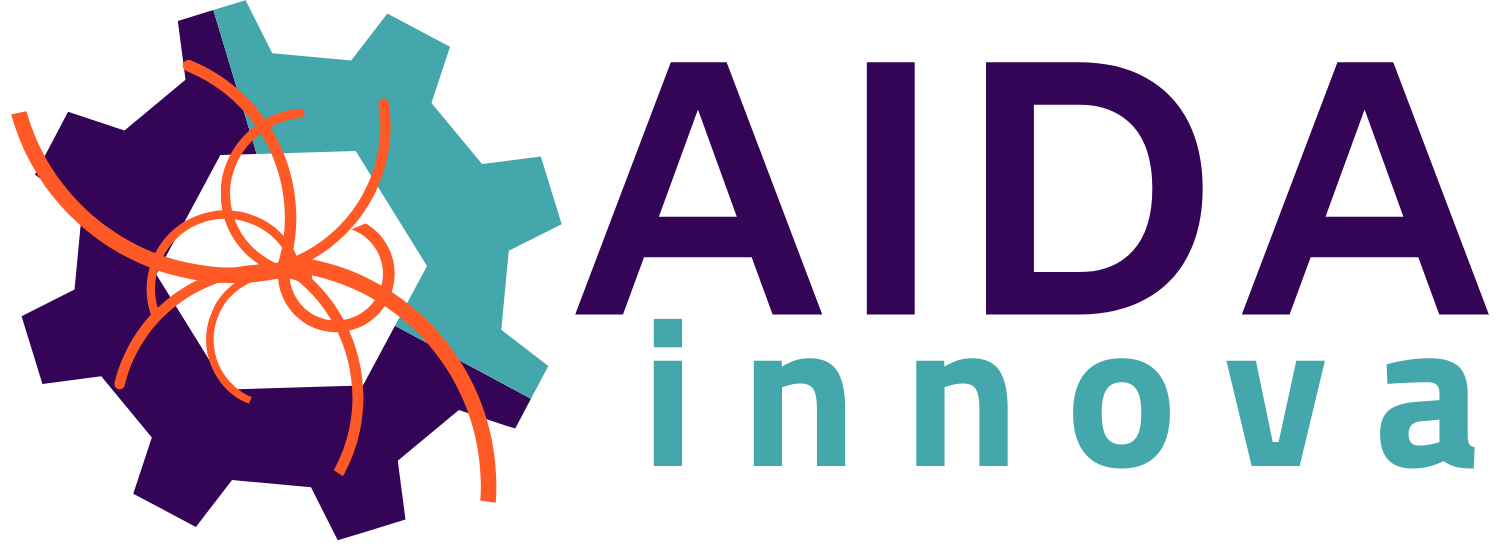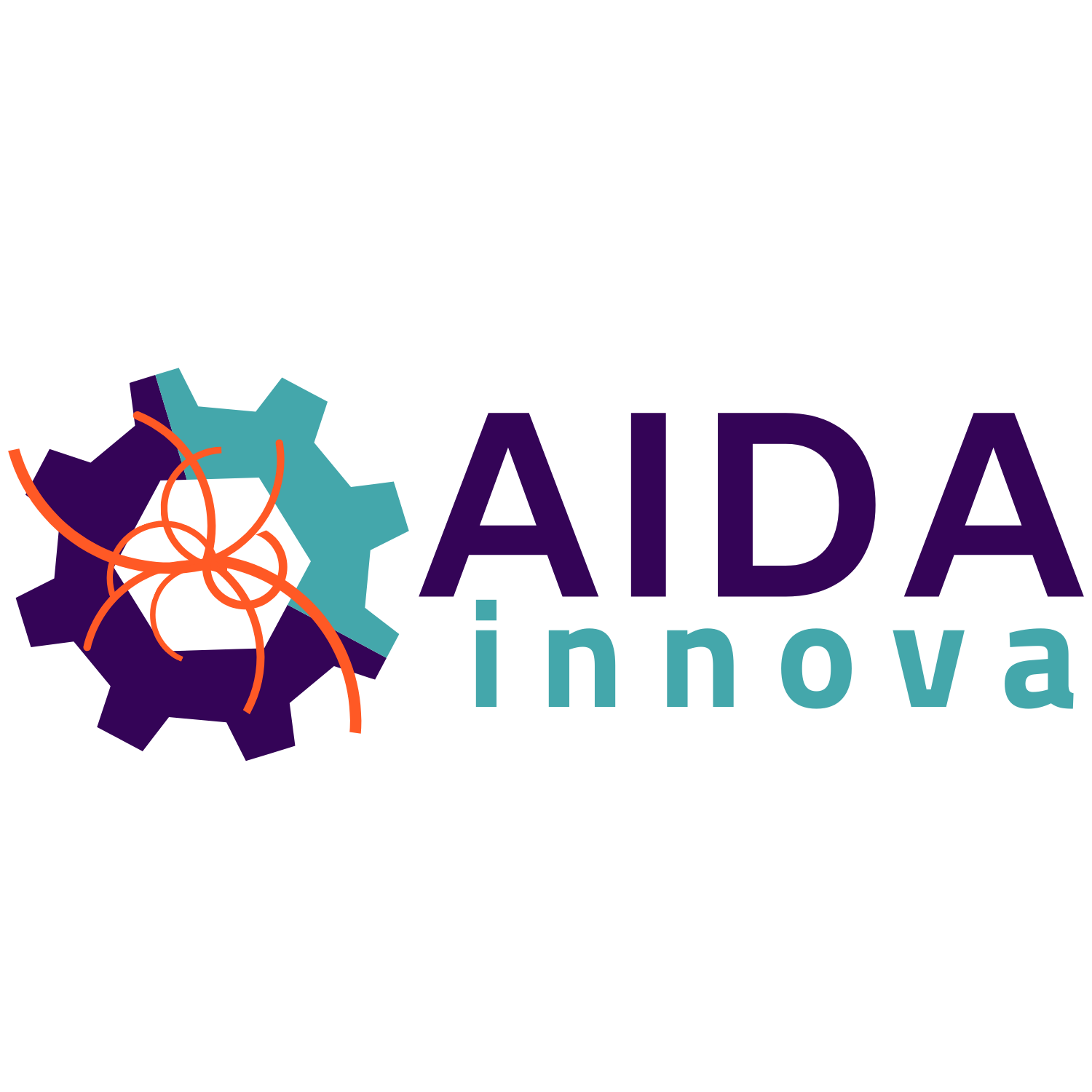
A new EU project called AIDAinnova (Advancement and Innovation for Detectors at Accelerators) will develop a variety of innovative particle detector technologies for experiments at future colliders. The virtual AIDAinnova Kick-off Meeting brought together over 300 representatives from international institutions and laboratories, researchers and industry.
The contribution to a Detector R&D Roadmap, in line with the European Particle Physics Strategy Update (EPPSU) and organised by ECFA, will be one of the highlights of Year 1, with a first version being presented as early as summer of 2021.
AIDAinnova will play a fundamental role in increasing the precision of particle detection for future particle accelerator experiments. More precision means a better understanding of phenomena, which will allow particle physicists to pursue the answers to some of our Universe’s most fundamental mysteries.
“Initiatives like AIDAinnova are unique in their capacity to bring together collaborators from different backgrounds and experiments,” explains Felix Sefkow from DESY, the AIDAinnova scientific coordinator.
“For example, you have people from both the ATLAS and CMS experiments working together to advance radiation-hard detectors or groups from linear and circular collider design studies coming together to work on the efficient design of future detectors for a lepton collider independent of its shape.”
Felix Sefkow, AIDAinnova Project Coordinator
DESY contributes expertise and infrastructure in several areas, most prominently in test beam instrumentation, calorimeter development and software.
The project was approved in November 2020 and is coordinated by CERN, building on the relationships created throughout the previous projects AIDA and AIDA-2020. AIDAinnova will run for four years with a total budget of 22.5 million euros, co-funded by the European Commission with 10 million euros. In comparison with its predecessors AIDA and AIDA-2020, AIDAinnova introduces a stronger focus on cooperation with industry, bringing together eight industrial companies, three research and technology organisations and 34 academic institutions in 15 countries.
The overall goal is to revolutionise experiments at future particle accelerators and strengthen the competence and competitiveness of industrial partners. AIDAinnova will also create plenty of opportunities for young researchers to develop their careers under a Young Detector Scientists Programme. About 40 PhD students are expected to contribute to the project’s activities, with training sessions and curated workshops expected for wider student networks.
All 45 partners were represented at the event, where each of the project’s work packages (detector facilities, silicon detectors, calorimeters and particle identification, gaseous and large cryogenic detectors, backbone technologies and management, outreach and innovation activities) convened at dedicated sessions to present their work plan or kick-off the groundwork for future developments.
